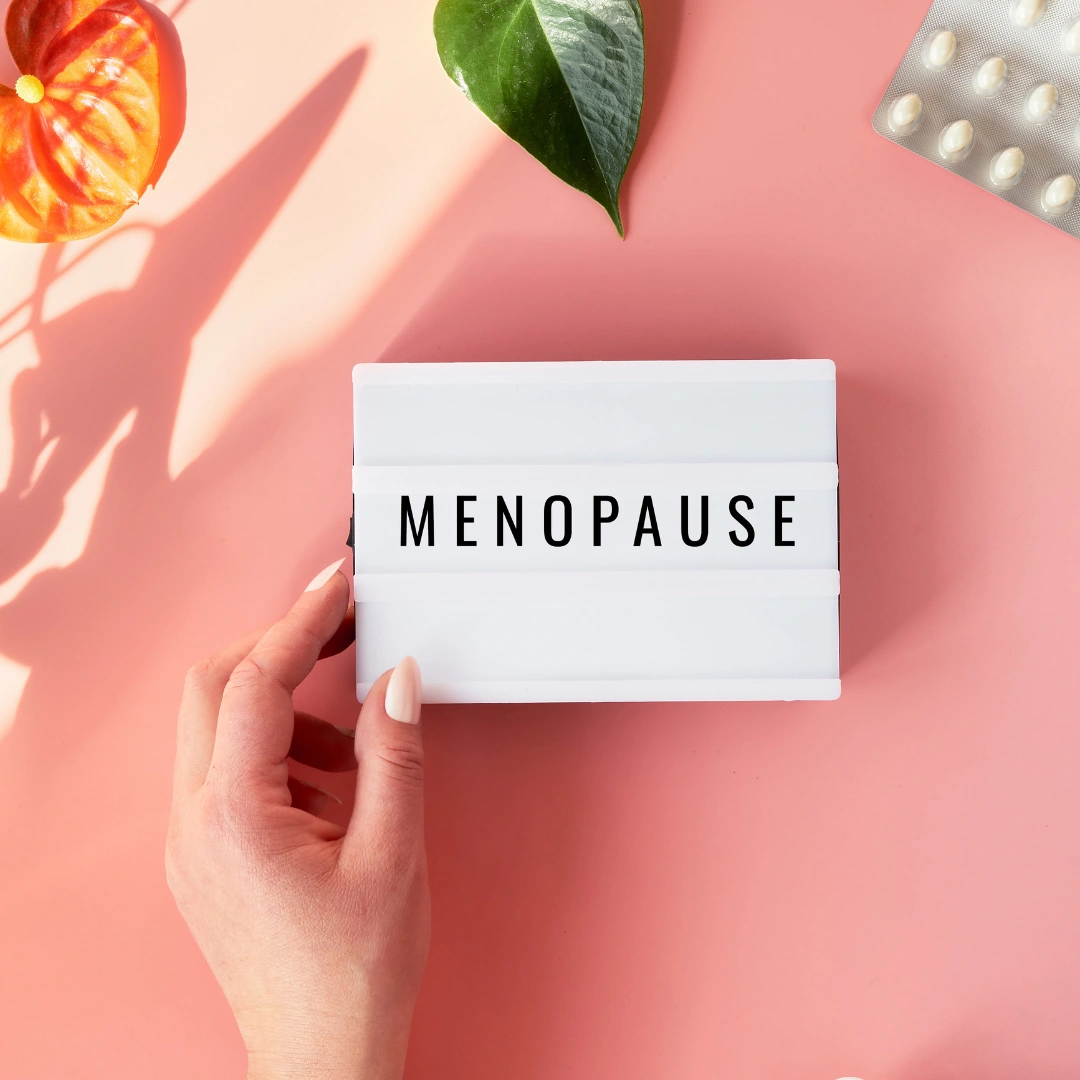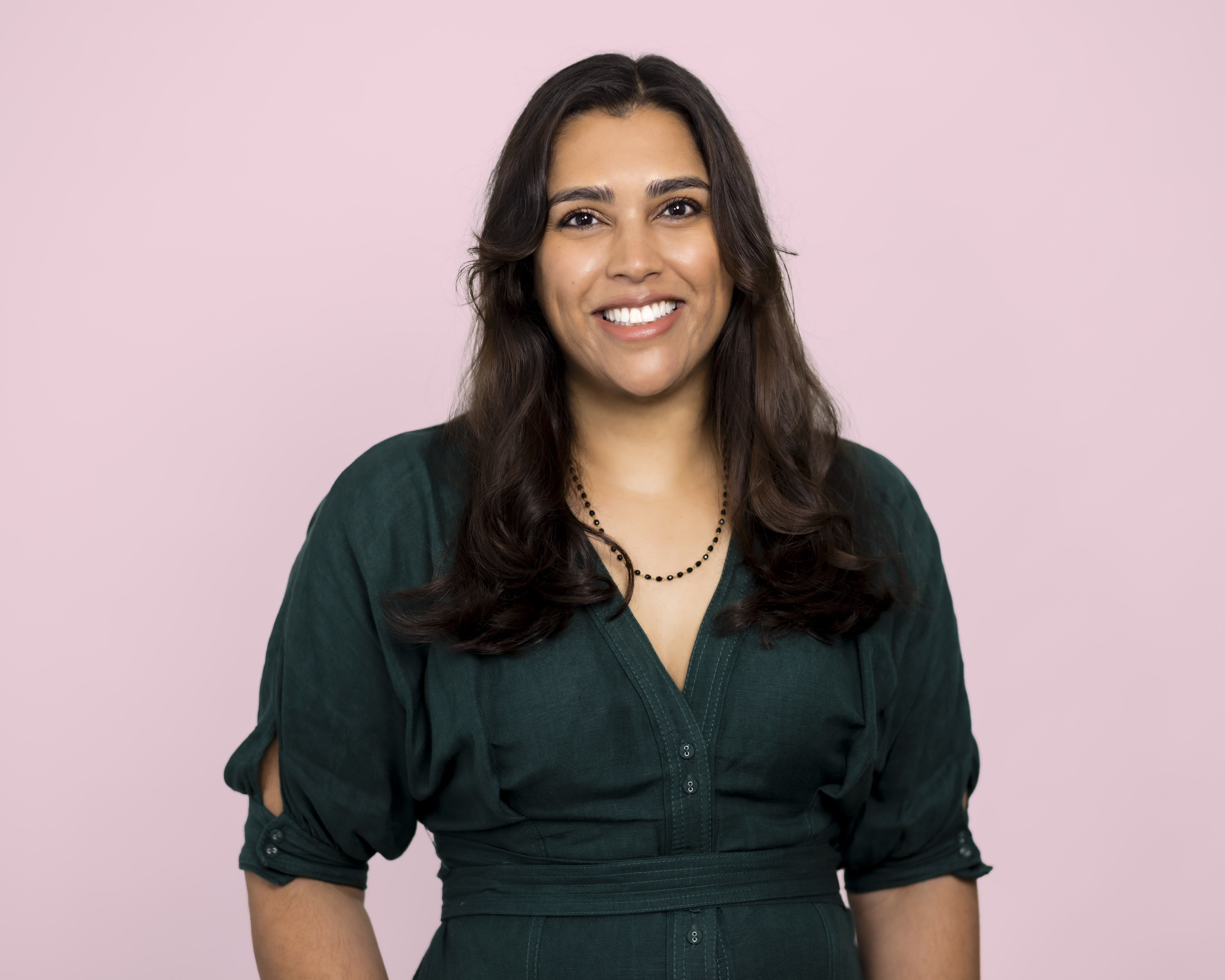Cannabis and Sleep Disturbance During Menopause
It's shocking (or is it?) how little research there's available on how Cannabis could help alleviate menopause symptoms. In this article, we'll review current research available and share how women going through menopause have used Cannabis to help with common menopause symptoms such as sleep disturbances, joint pain and anxiety.

TL;DR
-
Menopause is caused by hormonal changes and happens when you don’t have a menstrual period for 12 months.
-
Sleep disturbance is a common symptom of menopause.
-
Research shows many women already use medicinal forms of cannabis to manage sleep and other symptoms related to menopause.
-
Limited studies have also shown cannabis can help with sleep, but most are not focused on menopause so more research is needed.
-
You should talk to your doctor about cannabis and other treatment options that can help manage menopause.
What is menopause?
Menopause is a part of life that happens when you stop having menstrual periods. It’s medically marked by not having a period for 12 months.
While this can happen as we age, it can also be because of other factors such as surgery, chemotherapy or radiotherapy to your pelvis.
The average age for menopause is 51, but it’s different for everyone. Before the age of 45, it’s considered early menopause and before 40 it’s medically defined as “premature ovarian insufficiency” (POI).
According to the Australasian Menstrual Society, menopause means you stop producing oestrogen. This, along with other hormonal changes associated with menopause, can lead to symptoms such as:
-
Hot Flashes/flushes
-
Night sweats
-
Mood swings
-
Anxiety
-
Joint Pain
-
Vaginal dryness
-
Bladder changes
-
Problems sleeping
Keep in mind that symptoms are different for everyone who experiences menopause. So it’s a good idea to talk to your doctor about changes you notice if you’re in this phase of life. In this article, we discuss more menopause symptoms and some might surprise you.
“Women are using cannabis as an option for managing their menopause symptoms, and there should be more investigations moving on forward.”
How can cannabis help with menopause symptoms?
Right now, there isn’t a lot of research into the effects of cannabis for people experiencing menopausal symptoms. But there are studies showing many women have taken matters into their own hands by using cannabis and cannabidiol (CBD) extracts as part of their menopause treatments.
In one 2022 study led by Harvard University in the US, 79% of perimenopausal and postmenopausal women endorsed using medicinal cannabis to alleviate menopause-related symptoms. Most of these women (67%) said it helped with sleep disturbance, and many (47%) reported using it to treat mood and anxiety.
79% of perimenopausal and postmenopausal women endorsed using medicinal cannabis to alleviate menopause-related symptoms.
Another 2023 study from the University of Alberta in Canada asked women about their “cannabis use patterns in relation to reported menopause symptoms” and found that 34% currently used cannabis. Most of them (75%) reported using it for medicinal purposes, with the most common reasons related to sleep, anxiety and muscle and joint aches.
Co-author of the study, Professor Nesel Yuksel, said it showed “women are using cannabis as an option for managing their menopause symptoms, and there should be more investigations moving on forward from this data.”
Both these studies called for more specific research, particularly considering menopause symptoms can last for up to 10 years.
But of the research that is out there, it’s possible that medicinal forms of cannabis could help with at least some symptoms of menopause, including sleep disturbance, anxiety and moods and joint or muscle pain.
For example, a 2023 study on the use of CBD for sleep issues in both women and men found that it could improve sleep quality and was safe to use in low doses. It also noted improvements for participants who were given 5mg of melatonin, which you can buy over-the-counter in the US but need a prescription for in Australia.
66% of participants had improvements in their sleep scores in the first month and anxiety decreased for 79.2% of participants.
Another previous study on CBD for anxiety and sleep found that 66% of participants had improvements in their sleep scores in the first month “but fluctuated over time”. Anxiety, on the other hand, decreased for 79.2% of participants and remained that way during the 3-month trial period.
The Australian Journal of General Practice has also published details about medicinal cannabis use for anxiety and chronic pain conditions, which are the two most common reasons it’s prescribed in Australia.
But keep in mind that medicinal cannabis comes in different forms, and some people experience side effects. The sleep study from 2023, for example said 12% of participants reported side effects “and none were severe”, while the study on anxiety and sleep noted fatigue was the main reported side effect.
Changes in appetite, fever, vertigo, nausea, vomiting and diarrhoea are also side effects noted by the Therapeutic Goods Association. It also says effects can vary based on the type of medicinal cannabis used and the person.
There could also be specific side effects to consider based on the changes our bodies go through during menopause (another reason more research is needed).
For example, a study from 2022 even found cannabis use could be related to incontinence issues for some women. While the study was not focused on menopause, incontinence can be a symptom of menopause, which makes it worth considering side effects of this treatment (as well as any others).
So, it’s important to speak with your doctor about whether cannabis would be suitable as part of your treatment plan during menopause.
Can you legally get cannabis for menopause symptoms in Australia?
You need a prescription from your doctor to get medicinal cannabis in Australia, and it’s not considered a first-line treatment for menopause symptoms.
However, it’s common for Australians to treat self-reported sleep disorders with medical cannabis alongside anxiety, joint pain and other health conditions. In fact, a study led by the University of Sydney noted “sleep disorders are the third most common indication for the prescription of medical cannabis products in Australia, after pain and anxiety”.
The government’s healthdirect service also states that there is currently research into using medicinal cannabis to treat insomnia (although there are no conclusive results yet).
While the research is taking a while to catch up, these details suggest it’s possible you and your doctor could consider medicinal cannabis for some symptoms related to menopause. In particular, anxiety and any pain issues, but possibly also for sleep disturbances if other treatments aren’t helping.
The first place to start is by having a conversation with your doctor about all the different treatments available, and whether medicinal cannabis might be part of that.
Highlight
Many women already use cannabis to treat symptoms of menopause, but there’s minimal research on its effectiveness and potential side effects. This means it is important you talk to a doctor you’re comfortable with about whether or not it will be right for you.
Summary
Medicinal cannabis won’t help with every symptom of menopause, and there is limited research on its effects. But studies have shown that many women use cannabis to treat sleep disturbances, anxiety and mood changes and joint or muscle pain experienced during menopause.
There are lots of different ways to manage symptoms of menopause, including lifestyle changes, prescription medications and menopausal hormone therapy (MHT). A good doctor will be able to work with you to find a treatment plan that works for you.
Share this article
Understanding Menopause, what to expect and how to manage your symptoms.
Every biological woman will go through menopause, and while we all have heard of hot flashes, menopause brings more physical and emotional changes. In this article, we will explore menopause, its symptoms, when it typically starts, and how long the symptoms can last.

